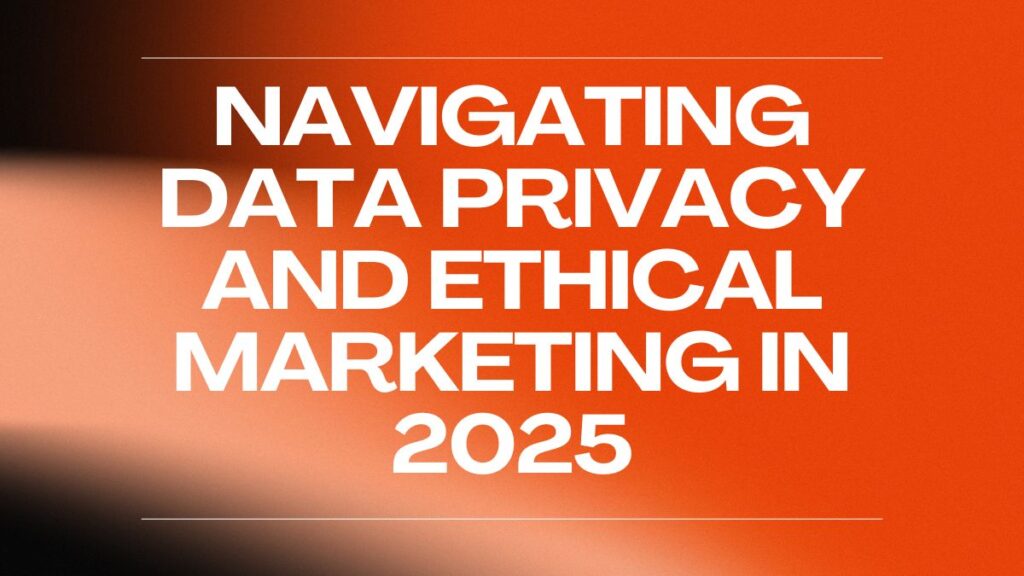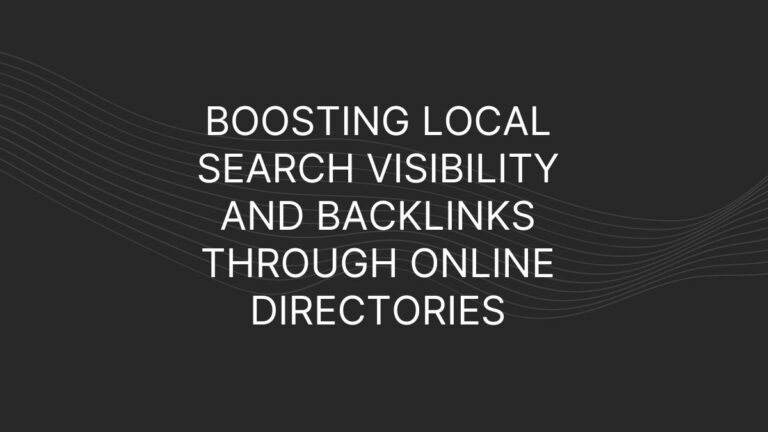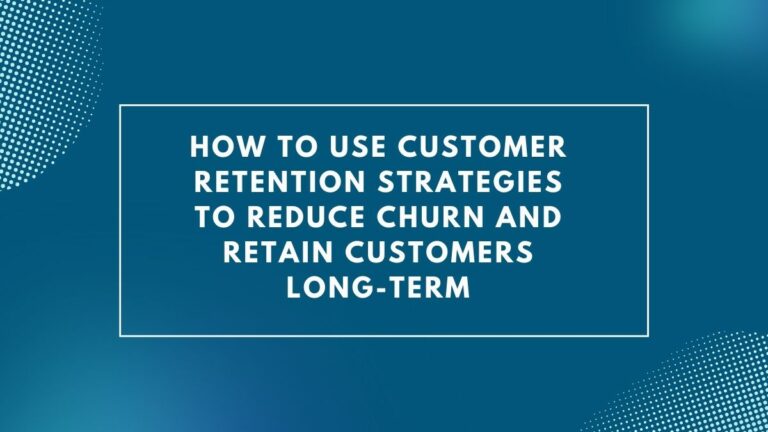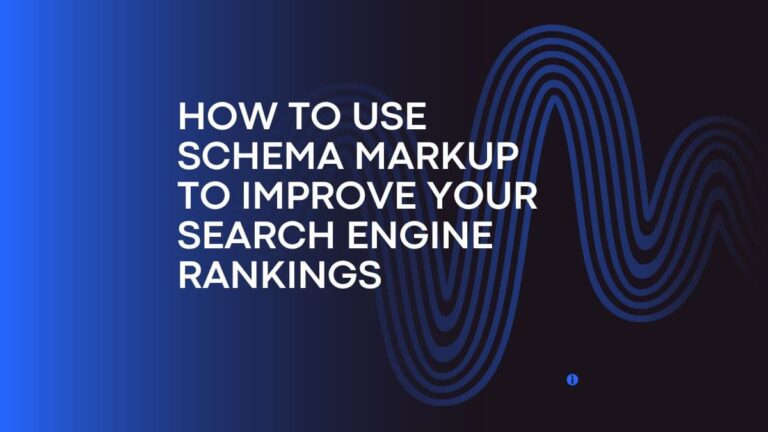
Navigating Data Privacy and Ethical Marketing in 2025
Data privacy is no longer just a legal checkbox—it’s a fundamental part of how businesses interact with consumers. As regulations tighten and people become more aware of how their information is used, brands must make a choice: treat privacy as an obstacle or embrace it as a competitive advantage.
Consumers today expect two things: control over their data and personalized experiences. That creates a challenge for marketers—how do you deliver relevant, tailored content while respecting privacy and maintaining trust?
The brands that win in 2025 won’t be looking for shortcuts. They’ll lead the charge in ethical marketing, building transparent data strategies, and proving to consumers that privacy isn’t just a legal requirement—it’s a core value.
The New Reality of Data Privacy Compliance
Over the last few years, significant regulations like GDPR (Europe) and CCPA (California) have forced companies to rethink how they collect and handle personal data. But in 2025, privacy laws aren’t just for compliance teams—they impact the entire marketing landscape.
What’s Changing?
- Stronger Global Regulations – More countries are implementing strict privacy laws, and enforcement is getting tougher. Companies that fail to comply won’t just face fines; they’ll lose consumer trust.
- The Death of Third-Party Cookies – Google is phasing out third-party cookies, forcing brands to rethink how they track and engage customers.
- Consumers Are More Aware Than Ever – People know how their data is collected and used. They’re actively choosing brands that respect their privacy—and calling out those that don’t.
For businesses, this isn’t just about keeping up with regulations. It’s about proving to consumers that their data is in responsible hands.
The Shift to Ethical Advertising

Data privacy isn’t just about avoiding legal trouble—it’s about earning consumer trust. Ethical marketing means giving people absolute control over their data and making transparency a core part of your strategy.
Here’s what ethical advertising looks like in 2025:
- Clear, honest consent – No more hidden opt-ins, confusing settings, or deceptive data collection.
- Transparency in data use – Consumers should know exactly what’s being collected, how it’s used, and how it benefits them.
- User-controlled personalization – Giving consumers the power to adjust privacy settings and decide what kind of personalization they’re comfortable with.
Brands that integrate privacy into the customer experience—rather than treating it as a legal burden—will build stronger relationships and long-term loyalty.
How to Build an Ethical Data Strategy Without Losing Personalization
Many marketers worry that stricter privacy rules will make it harder to deliver personalized experiences. But privacy and personalization don’t have to be at odds. Here’s how brands can adapt:
1. Prioritize First-Party Data
Instead of relying on third-party tracking, brands should focus on gathering first-party data—information collected directly from consumers through website interactions, email sign-ups, and surveys.
Why it works: First-party data is more accurate, more reliable, and fully compliant with privacy regulations.
2. Encourage Zero-Party Data Sharing
Zero-party data refers to information that consumers willingly provide, like preferences, interests, and feedback. The key? Make it worth their while.
How to collect it: Offer incentives like exclusive content, personalized recommendations, or membership perks.
3. Use AI Responsibly
AI-driven personalization is powerful, but it must be used with caution. Ethical AI marketing means:
- Minimizing unnecessary data collection
- Anonymizing user data whenever possible
- Ensuring AI models don’t reinforce bias
Best practice: When using AI for recommendations, be upfront about how it works and why users see certain content or ads.
4. Adopt Privacy-Focused Marketing Technologies
New technologies are making it possible to deliver personalized experiences without violating privacy. Two key trends:
- Federated Learning – AI models learn from data across multiple devices without centralizing or storing that data.
- Contextual Advertising – Instead of tracking users, ads are targeted based on the content they view, ensuring privacy is respected.
The future: Brands that invest in privacy-first technologies now will be ahead of the curve as regulations tighten further.
Building Consumer Trust: Why Transparency Matters More Than Ever
Privacy isn’t just about legal compliance—it’s about trust. Consumers want to feel confident that brands are handling their data responsibly.
What Builds Trust?
Honest privacy policies – No confusing legal jargon. Policies should be simple, readable, and easy to understand.
Proactive data protection – Show customers that their data is safe by investing in security measures and being transparent about how you protect their information.
Clear communication – Don’t just collect data—explain why you need it and how it benefits the user.
When consumers trust a brand with their data, they’re more likely to engage with marketing, share feedback, and stay loyal over time.

What’s Next for Data Privacy and Marketing?
As data privacy laws continue to evolve, brands need to do more than just comply—they need to lead.
Key trends shaping the future:
Data Transparency Will Become a Selling Point – Brands that openly share their privacy policies and ethical data practices will gain a competitive advantage.
Consumers Will Demand More Control – Expect to see more tools that let users customize their privacy settings and control their own data.
Privacy-Friendly AI and AdTech Will Dominate – The next wave of marketing innovation will focus on personalization without invasive tracking.
Instead of asking, “How do we adjust to new privacy laws?” forward-thinking brands will ask, “How do we redefine ethical marketing for the future?”

Leading the Way in Ethical Marketing
Data privacy is not just a regulatory issue but a business strategy. The brands that treat privacy as a competitive edge, rather than a compliance burden, will be the ones that win consumer trust, build loyalty, and stand out in the market.
As we move into 2025, companies have a choice: adapt to a privacy-first world or get left behind. The most innovative brands aren’t waiting for regulations to force their hand—they’re stepping up now and setting the standard for ethical, consumer-first marketing.
Digital Results would be happy to help you with your digital marketing needs. Get in touch for a free 30-minute consultation—one of our experts will walk through how we can help optimize your search engine optimization (SEO).
Ready to Grow Your Search Engine Results?
Let Digital Results assist you in your SEO strategy and help
deliver the search engine results you need.






